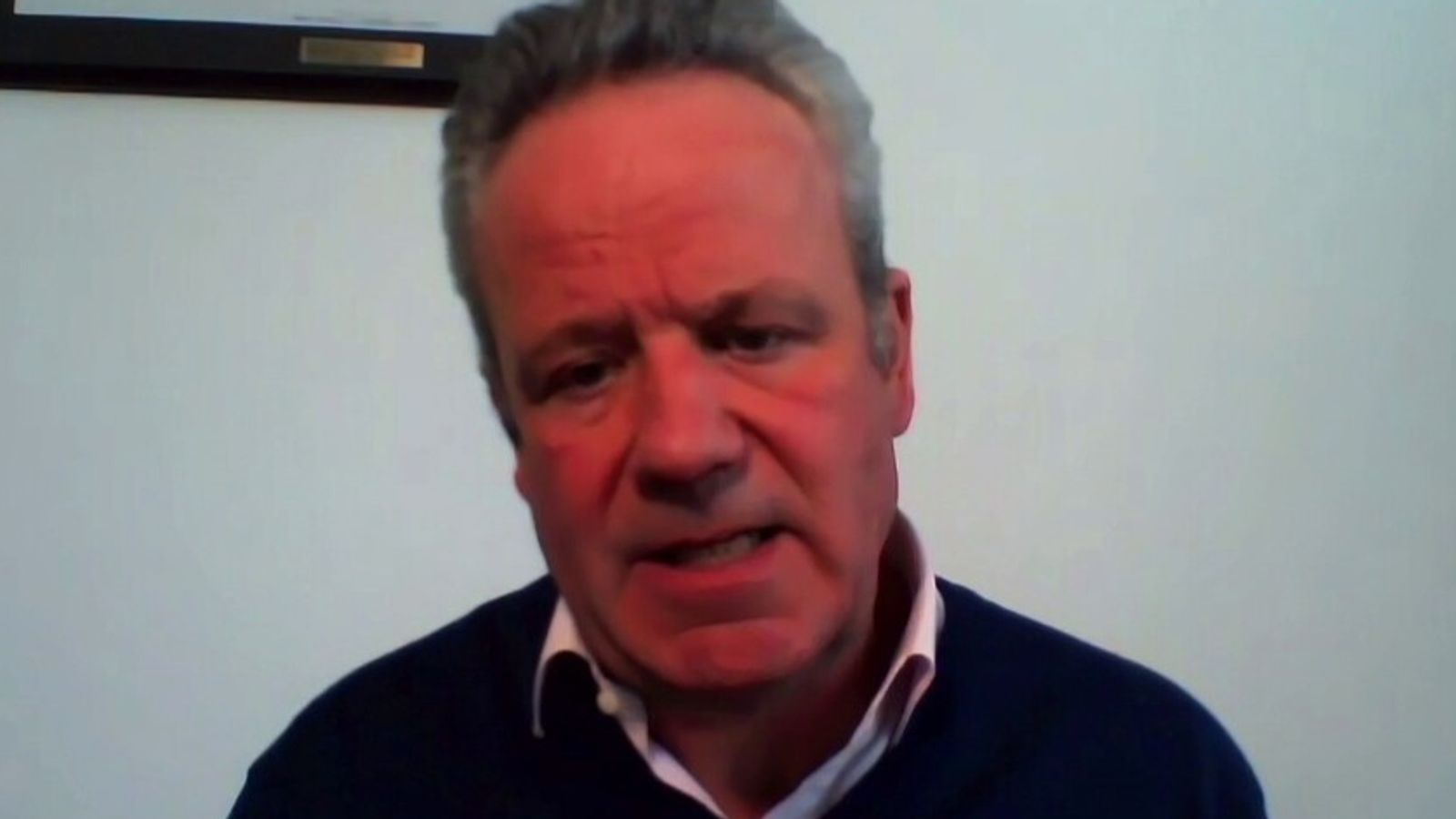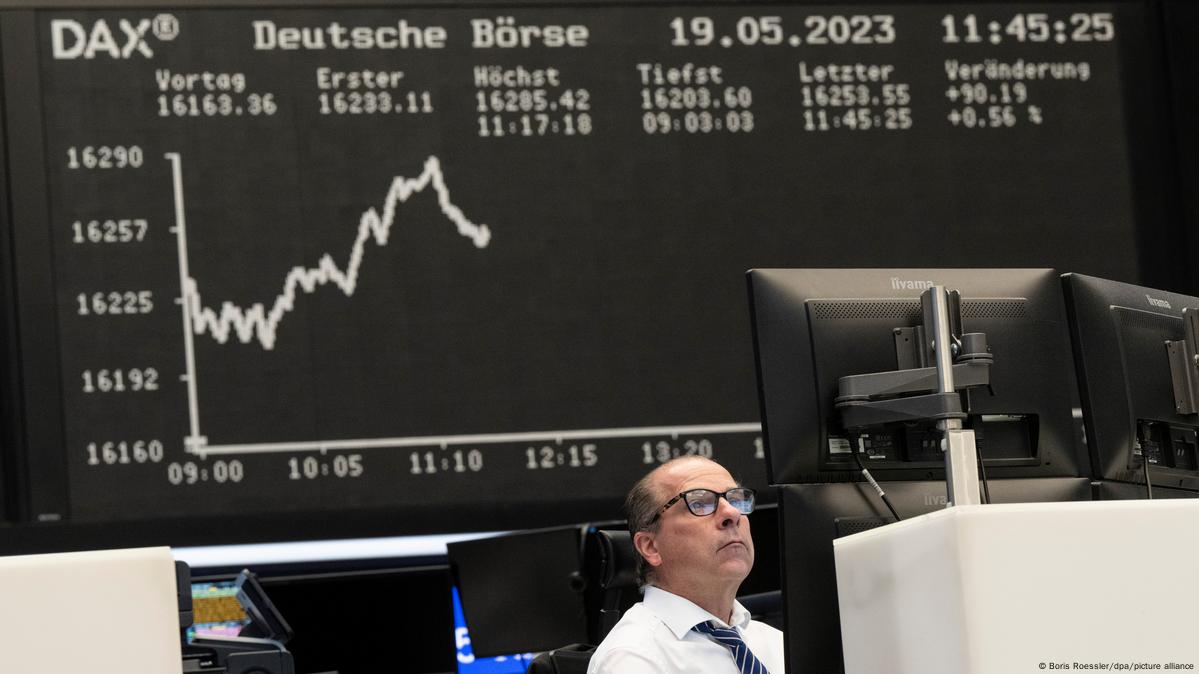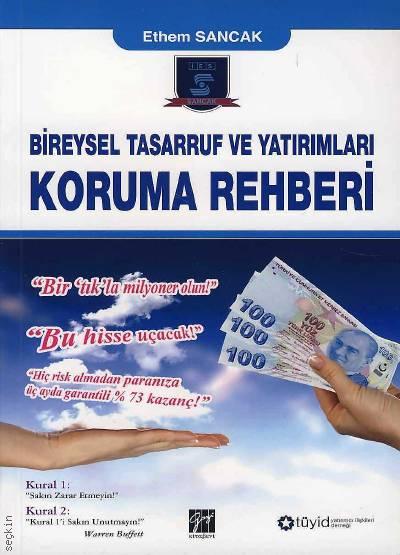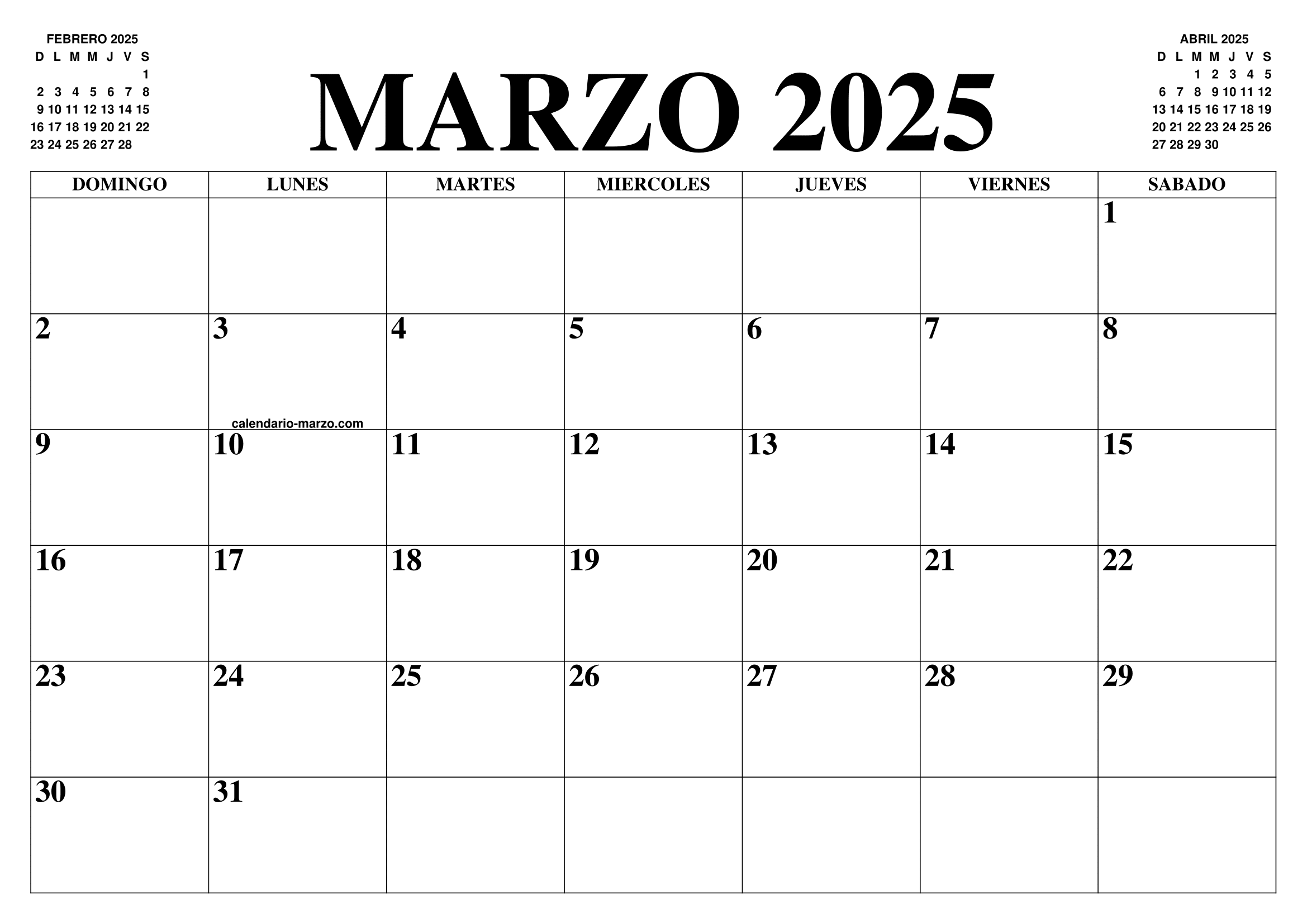A Strategic Partnership: Bangladesh's Return To European Markets

Table of Contents
The Renewed Focus on Ethical Sourcing and Sustainability
The European Union is increasingly demanding ethical and sustainable practices from its trading partners. For Bangladesh to successfully re-enter and thrive in these markets, adapting to these demands is paramount. This requires a multifaceted approach encompassing labor rights, environmental protection, and fair trade practices.
Meeting EU Standards for Apparel and Textiles
The ready-made garment (RMG) sector remains a cornerstone of Bangladesh's economy. However, meeting stringent EU standards for this sector requires significant investment and reform.
- Investing in worker welfare programs and fair wages: Implementing fair wage structures and investing in worker safety and well-being are crucial. This includes improved working conditions, access to healthcare, and fair compensation.
- Implementing stringent environmental regulations in garment factories: Reducing water pollution and minimizing carbon emissions through the adoption of eco-friendly manufacturing processes is essential. This includes investing in wastewater treatment plants and renewable energy sources.
- Embracing sustainable manufacturing practices and traceability initiatives: Adopting transparent and traceable supply chains, using sustainable materials, and reducing textile waste are key to meeting EU demands for sustainability. This requires investment in technology and training.
- Collaboration with EU brands to ensure compliance and transparency: Open communication and collaboration with European brands are vital to ensure compliance with EU regulations and build trust. This will involve joint audits and shared responsibility for ethical sourcing.
Beyond Apparel: Diversifying Exports to Europe
While the RMG sector remains vital, diversifying exports is crucial for long-term economic stability. Bangladesh possesses considerable potential beyond apparel.
- Focusing on jute products and other agricultural exports: Leveraging Bangladesh's agricultural strengths, including jute, tea, and spices, can create new export opportunities. This requires investment in improving quality and packaging.
- Expanding into pharmaceuticals and light manufacturing: Developing value-added products in sectors like pharmaceuticals and light manufacturing can attract higher profit margins and reduce reliance on the RMG sector. This demands investment in R&D and technological advancements.
- Developing higher-value-added products for niche markets: Targeting niche markets with specialized products can increase competitiveness and profitability. This involves understanding European consumer preferences and adapting production accordingly.
- Investing in research and development to improve product quality and competitiveness: Significant investment in R&D is crucial to improve product quality, innovation, and competitiveness in global markets. This involves collaboration with universities and private sector R&D facilities.
Strengthening Trade Agreements and Diplomatic Relations
Strengthening trade agreements and diplomatic relations are crucial for facilitating access to European markets and fostering mutual trust.
Negotiating Favorable Trade Deals
Securing beneficial trade deals with the EU is vital for reducing tariffs and enhancing market access for Bangladeshi goods.
- Actively participating in EU-led trade initiatives: Proactive engagement in EU trade initiatives helps to shape policies favorable to Bangladesh's interests.
- Negotiating preferential tariffs for key export products: Securing preferential tariffs for key exports will enhance the competitiveness of Bangladeshi products in the EU.
- Addressing any non-tariff barriers that hinder market access: Identifying and addressing non-tariff barriers, such as complex customs procedures or regulatory hurdles, is crucial for improved market access.
Improving Bilateral Relations
Strong diplomatic ties are essential for building trust and fostering collaboration between Bangladesh and European nations.
- Enhancing communication and information sharing between governments: Improved communication channels will facilitate smoother trade relations and conflict resolution.
- Focusing on mutual cooperation in areas of common interest: Exploring areas of mutual cooperation, such as climate change or development initiatives, can strengthen the bilateral relationship.
- Addressing concerns related to human rights and labor standards transparently: Openly addressing concerns regarding human rights and labor standards will build trust and enhance the partnership.
Investing in Infrastructure and Technology
Investing in infrastructure and technology is essential for efficient logistics and improved productivity.
Upgrading Port and Transportation Infrastructure
Efficient logistics are crucial for timely and cost-effective delivery of goods to European markets.
- Modernizing port facilities and expanding transportation networks: Modernizing ports and expanding road, rail, and air transportation networks will reduce transit times and costs.
- Investing in cold chain infrastructure for perishable goods: Investing in cold chain infrastructure is essential for the export of perishable goods, such as fruits and vegetables.
- Improving customs procedures to streamline export processes: Streamlining customs procedures will reduce delays and costs associated with exporting goods to Europe.
Adopting Advanced Manufacturing Technologies
Adopting advanced technologies will enhance productivity and competitiveness.
- Investing in automation and digitalization in factories: Automation and digitalization will increase efficiency and reduce production costs.
- Implementing innovative supply chain management systems: Implementing innovative supply chain management systems will improve traceability and efficiency.
- Upgrading skills and training for the workforce: Investing in workforce training and skill development is crucial to adapt to new technologies and meet EU standards.
Conclusion
Bangladesh's return to European markets represents a significant opportunity for economic growth and development. By prioritizing ethical sourcing, sustainable manufacturing, strengthening trade agreements, and investing in infrastructure and technology, Bangladesh can successfully navigate the challenges and realize the substantial benefits of this partnership. This strategic partnership requires sustained effort and commitment from both sides, but the rewards of a mutually beneficial relationship are immense. Further investment in strengthening this strategic partnership will be crucial for both Bangladesh and the European Union to achieve sustainable and equitable growth. Continued focus on sustainable trade practices will be key to long-term success in the European market.

Featured Posts
-
 Prepustanie V Nemecku Co Prinasa H Nonline Sk
May 24, 2025
Prepustanie V Nemecku Co Prinasa H Nonline Sk
May 24, 2025 -
 Are Thames Water Executive Bonuses Fair A Critical Analysis
May 24, 2025
Are Thames Water Executive Bonuses Fair A Critical Analysis
May 24, 2025 -
 Frankfurt Stock Market Dax Climbs Record High In Sight
May 24, 2025
Frankfurt Stock Market Dax Climbs Record High In Sight
May 24, 2025 -
 Footballer Kyle Walker Seen With Models In Milan After Wifes Trip Home
May 24, 2025
Footballer Kyle Walker Seen With Models In Milan After Wifes Trip Home
May 24, 2025 -
 Escape To The Country Top Locations For A Tranquil Life
May 24, 2025
Escape To The Country Top Locations For A Tranquil Life
May 24, 2025
Latest Posts
-
 Iste En Tasarruflu 3 Burc Ve Paralarini Nasil Yoenettikleri
May 24, 2025
Iste En Tasarruflu 3 Burc Ve Paralarini Nasil Yoenettikleri
May 24, 2025 -
 Horoscopo Predicciones Del 4 Al 10 De Marzo De 2025 Para Todos Los Signos Zodiacales
May 24, 2025
Horoscopo Predicciones Del 4 Al 10 De Marzo De 2025 Para Todos Los Signos Zodiacales
May 24, 2025 -
 Horoscopo Semanal Del 4 Al 10 De Marzo De 2025 Predicciones Para Todos Los Signos
May 24, 2025
Horoscopo Semanal Del 4 Al 10 De Marzo De 2025 Predicciones Para Todos Los Signos
May 24, 2025 -
 Londons Odd Burger Bringing Vegan Convenience To Canada
May 24, 2025
Londons Odd Burger Bringing Vegan Convenience To Canada
May 24, 2025 -
 7 Elevens New Vegan Menu A Collaboration With Londons Odd Burger
May 24, 2025
7 Elevens New Vegan Menu A Collaboration With Londons Odd Burger
May 24, 2025
